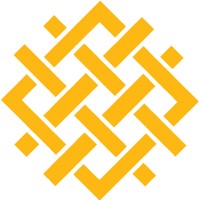FAQs
Do we support remote work?
Yes, this is a hybrid position that requires working in the office at least 8 days per month.
Are there any requirements regarding work authorization?
Yes, existing work authorization is required at the time of application submission, as WRI is unable to sponsor any visa work sponsorship for this position.
What are the preferred fields of study for applicants?
The preferred fields of study for applicants include Communications, Public Relations, and/or other Sustainability-related degrees.
What is the duration of the internship?
This is a part-time internship with a flexible duration of 6 months.
What are the hourly compensation rates for this internship?
The pay for this internship is $20/hour for undergraduates, $22/hour for graduates, and $24/hour for PhD students.
What type of skills are needed for this role?
Skills needed include familiarity with air quality and climate issues, knowledge of the digital media landscape, excellent research and writing skills, and experience in graphic design and data visualization.
Where is the internship located?
The internship is based out of the Washington D.C. office, and you will be required to be in the office at least 8 days per month.
Who will the intern report to?
The intern will report to Beth Elliott, the Communications and Engagement Lead.
Will WRI provide any equipment for this internship?
Yes, WRI will provide a laptop for the duration of your internship.
How can applicants apply for this internship?
Applicants must submit a resume and a cover letter through the WRI Careers portal to be considered.

